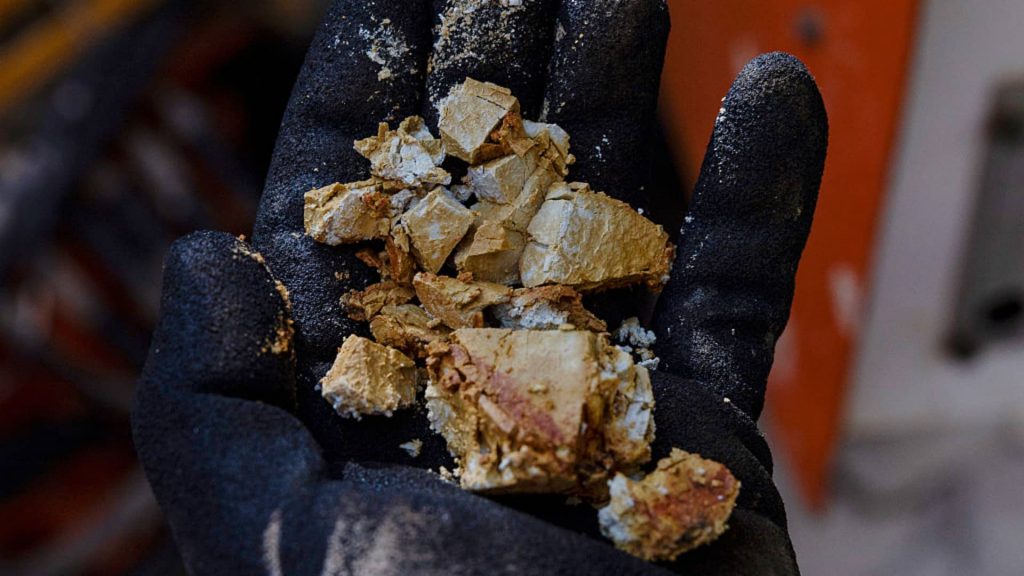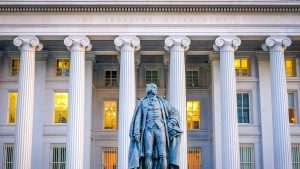Rare earths gain amid U.S. effort to beat China’s dominance

Shares of U.S.-listed companies related to the rare earth supply chain climbed on Monday as investors continued to weigh the impact of export restrictions on domestic producers.
Rare earths are minerals that are essential to many aspects of modern life, particularly for the technology sector and the energy transition, as they are used in everything from semiconductors, fighter jets to the motors of electric vehicles.
U.S. Treasury Secretary Scott Bessent told CNBC in an exclusive interview last week that the President Donald Trump’s administration will set a price floor for rare earths to combat market manipulation by China. Shares of rare earth and critical mineral miners have rallied over the past several sessions as investors consider which firms might be future targets for the government’s industrial policy.
NioCorp led the sector’s gains with an increase of 9.3% shortly after the session began, at 9:45 a.m. in New York. Energy Fuels was last seen 3.8% higher while USA Rare Earth made gains of 2.9% and Perpetua Resources was up 3.4%. MP Materials was also in the green, moving 1.8% higher.
Canadian firms made gains, with Lithium Americas and Trilogy Metals increasing 2.6% and 2.2%, respectively.
The moves come as the Trump administration is working to build up its own domestic rare earth supply chain.
The Defense Department struck a deal in July with MP Materials, which is the largest U.S. rare earth miner, that included an equity stake, a price floor and an offtake agreement.
Investors are anticipating that the administration will back additional miners. William Blair initiated coverage of USA Rare Earth on Monday with an outperform rating on the expectation that the Trump administration “could soon take a material stake in the company.”
Michael Silver, the CEO and chairman of rare earths distributor American Elements told CNBC’s “Squawk Box” last week that the U.S. has enough heavy rare metals for its military applications, but the supply chain squeeze could impact EVs, lasers, and “quite a lot of commercial technology.”

Getting mines up and running should be “treated as national priorities,” Silver said, adding that there will likely be government involvement and subsidies.
Under new rules that were announced earlier this month, foreign companies now need Beijing’s approval to export rare earths and are required to explain what they will be used for.
– CNBC’s Spencer Kimball contributed to this report.
Do you want to build your own blog website similar to this one? Contact us







